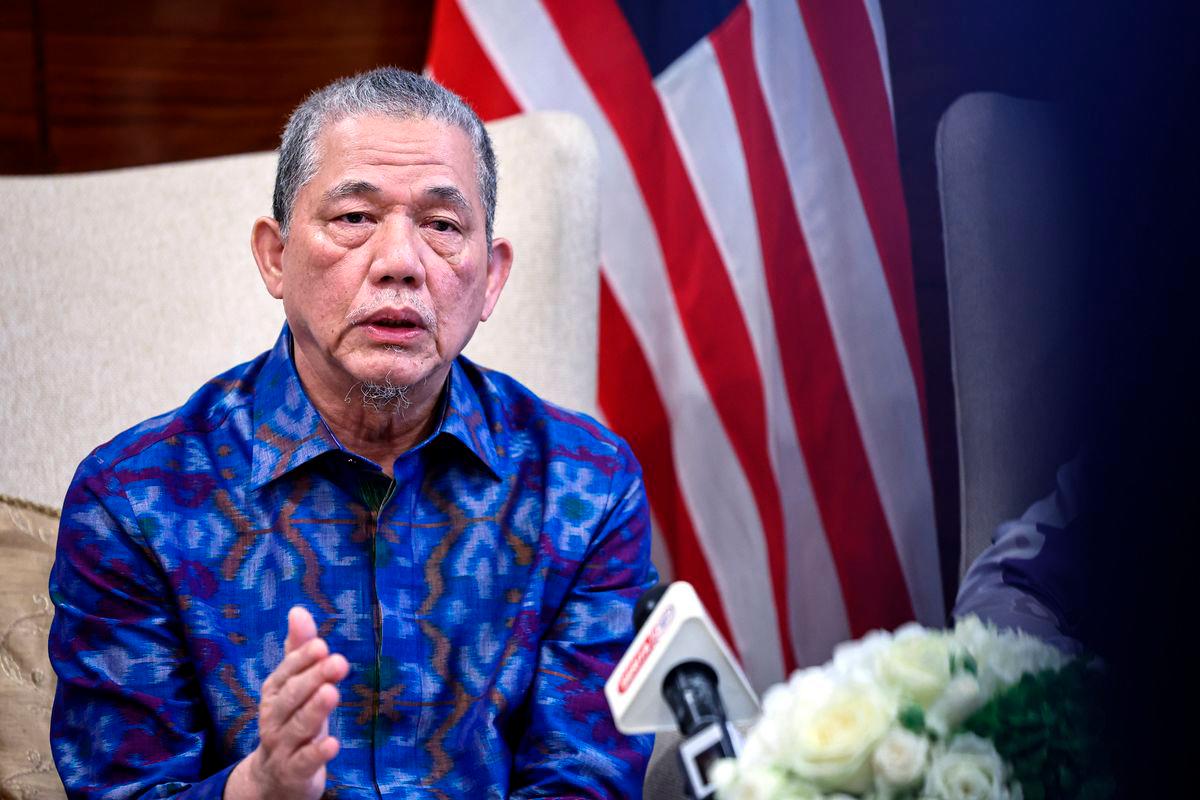MOSCOW: Deputy Prime Minister Datuk Seri Fadillah Yusof has concluded his eight-day working visit to Uzbekistan and Russia, marking a pivotal step in Malaysia’s renewed efforts to strengthen strategic international partnerships.
The visit focused on the potential revival of Malaysia’s nuclear energy programme, alongside collaboration in the halal economy, tourism, energy investments and Islamic finance.
A key milestone was the signing of a non-disclosure agreement (NDA) between MyPower Corporation, a special-purpose agency under the Ministry of Energy Transition and Water Transformation (PETRA), and the Russian state atomic energy agency Rosatom.
The agreement paves the way for potential cooperation in the peaceful use of nuclear technology, as Malaysia re-evaluates its long-term energy strategy.
As Malaysia advances its National Energy Transition Roadmap, nuclear energy is being seriously considered as a reliable, clean baseload option to diversify the energy mix and achieve long-term climate and energy security goals.
Malaysia previously had a robust nuclear development agenda, including plans to commission two nuclear power plants by 2021.
However, these plans were shelved, and the Malaysia Nuclear Power Corporation was disbanded in 2018.
Today, amid increasing pressure to decarbonise and diversify its energy sources, nuclear energy is once again under consideration as a viable low-carbon option.
A recently completed pre-feasibility study yielded encouraging findings, prompting the government to explore implementation pathways that align fully with global safety, security and non-proliferation standards.
The visit also reinforced Malaysia’s global halal leadership. Both Uzbekistan and Russia expressed strong interest in leveraging Malaysia’s well-established halal ecosystem.
Additionally, the Uzbek government extended a formal invitation to Malaysia’s national oil and gas company, Petroliam Nasional Bhd (Petronas), to consider reinvesting in the republic’s energy sector.
Petronas had exited Uzbekistan in 2013, but new opportunities in exploration and upstream development have emerged as Uzbekistan seeks to revitalise its energy landscape.
Tourism ties were boosted by AirAsia X’s launch of direct flights from Kuala Lumpur to Tashkent, operating three times weekly.
Recognising the potential to further enhance travel and trade, Fadillah encouraged AirAsia X to expand its route to include Samarkand, a historic Silk Road city and UNESCO World Heritage Site, offering added value for both leisure and cultural tourism.
Uzbekistan is also keen to collaborate with Malaysia on carbon trading, and has expressed interest in tapping Malaysia’s extensive experience in developing the sukuk market — an area in which Malaysia is widely recognised as a global leader in Islamic finance.









